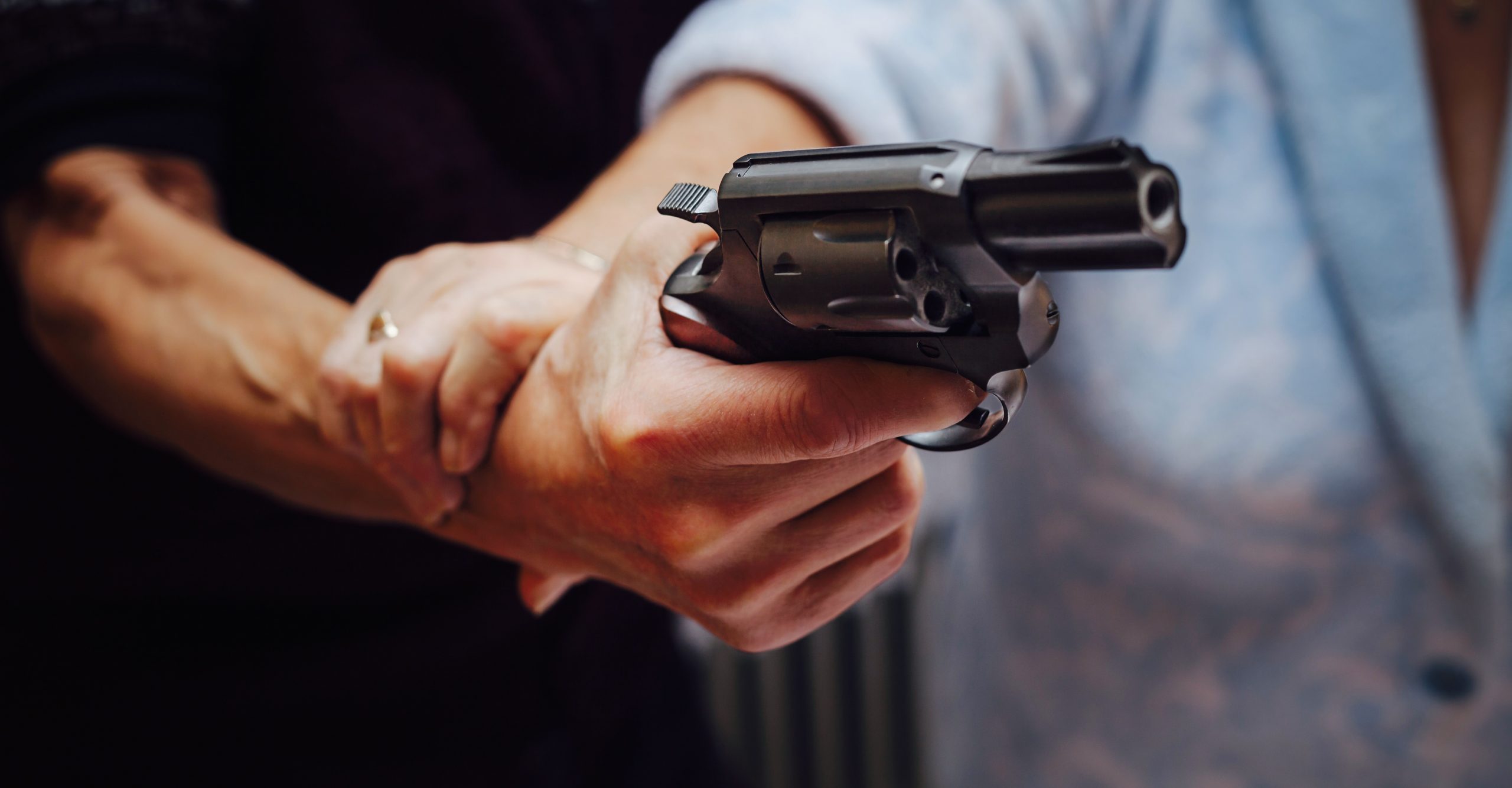A bill that would require anyone served with a temporary restraining order to quickly surrender their firearms was approved by the Connecticut House of Representatives Wednesday night, a move intended to quickly remove guns from the possession of people accused of domestic violence.
Under current law, gun owners can hold onto their weapons until served with a permanent restraining order, which requires a full court hearing before a judge. This new measure would require an accused abuser to transfer any guns to a licensed federal firearms dealer or a local police department within 24 hours of being served with a temporary restraining order.
Effectively, the bill seeks to close a two-week gap between the issuance of the temporary order and a decision on a permanent order and subsequent gun ban, a time frame that is especially dangerous for domestic violence victims. According to the National Domestic Hotline, abusers often lash out violently when they sense that their victim is slipping from their control.
Gun-rights advocates argue that accused abusers should only be required to give up their guns after they’ve had their day in court. The National Rifle Association has fought legislation mandating the surrender of firearms in domestic violence cases for several years. In a post on its blog, the NRA’s Institute for Legislative Action warns, “These bills clearly go against an individual’s right to due process and present a real threat to gun owners across Connecticut.”
Connecticut passed a slew of gun reforms in the wake of the 2012 Sandy Hook Elementary School shooting in Newtown, but a previous effort to close the gap between the issuance of a restraining order and gun seizures failed.
The White House reportedly urged Connecticut Democrats to revive the legislation. The bill was approved on Wednesday by a vote of 104 to 42. It drew 21 Republican supporters, including the legislator representing Newtown.
Under federal law, anyone who has been convicted of misdemeanor domestic violence may not purchase or possess a gun. But the law does not address the removal of guns that may already be in an accused abuser’s possession, and it does not spell out who will be taking the guns or storing them, so states have to develop their own protocols.
Victims’ advocates say most states fail to adequately enforce existing laws meant to keep guns away from domestic abusers, and that too many allow abusers to hold onto their weapons during the critical days after they are served with restraining orders. Women in abusive relationships are five times more likely to be killed if their abuser has access to a gun.
Earlier this month, Christina Fisher, a 34-year-old mother of three in Leesburg, Virginia, was fatally shot 11 days after the father of her two children was served with a restraining order.
In 2010, 42-year-old Barbara Dye was fatally shot by her husband in the parking lot of a bank in Elgin, Oklahoma, just two weeks after obtaining an emergency restraining order against him. She obtained the order, the New York Times reported, because she feared that her divorce filing would set him off.
If the bill in Connecticut becomes law, the state will become the 16th to either authorize or require a judge to order a gun surrender before a full court hearing. The legislation heads next to the state Senate.
[Photo: Shutterstock]

